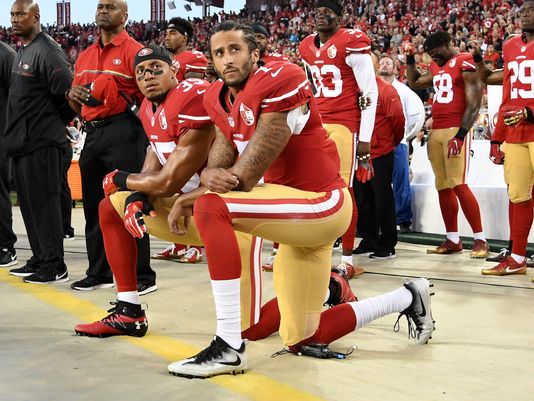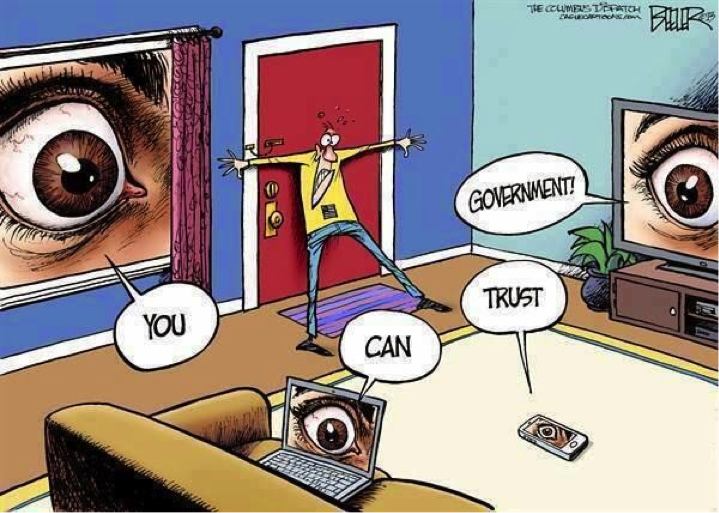
By: Karli Cozen The Court of Arbitration for Sport (CAS) has played an active role in the international sporting arena since its inception in 1984. CAS is an independent quasi-judicial body with arbitral jurisdiction to resolve both commercial and disciplinary sport-related disputes. It was developed to provide an outlet to resolve disputes in response to

By Daniel Sperling Is the minimum wage high enough today? Increasing the minimum wage could decrease poverty, benefit company productivity, and boost the economy. But is increasing the minimum wage really that simple? In 1938, the United States Congress passed 29 U.S. Code § 201, otherwise known as the Fair Labor Standards Act (FLSA), which







